PLOT: Set in Japan in the year 1600 at the dawn of a century-defining civil war, Lord Yoshii Toranaga is fighting for his life as his enemies on the Council of Regents unite against him. When a mysterious European ship is found marooned in a nearby fishing village, its English pilot, John Blackthorne, comes bearing secrets that could help Toranaga tip the scales of power and devastate the formidable influence of Blackthorne’s own enemies — the Jesuit priests and Portuguese merchants. Toranaga’s and Blackthorne’s fates become inextricably tied to their translator, Toda Mariko, a mysterious Christian noblewoman and the last of a disgraced line. While serving her lord amidst this fraught political landscape, Mariko must reconcile her newfound companionship with Blackthorne, her commitment to the faith that saved her and her duty to her late father.
REVIEW: Forty-four years ago, during the heyday of the network television mini-series, NBC broadcast a nine-hour adaptation of James Clavell’s epic Shogun. Spread over five nights, Shogun was notable as the first network event to be filmed entirely in Japan as well as the first network production to use the word piss, to show urination, to show a beheading, to show men in fundoshi (traditional Japanese undergarments), female breast nudity, and discussion of pederasty and seppuku. Led by Richard Chamberlain as John Blackthorne, Shogun stayed true to Clavell’s desire to show the perspective of Westerners in feudal Japan, even going as far as to not show subtitles for the Japanese dialogue. In the decades since NBC’s Shogun debuted, the popular format of the mini-series has given way to the almost identically structured limited series. With a larger budget and the guidance of actor Hiroyuki Sanada, the new version of Shogun is a far grander take on the source material with a nuanced balance of Japanese culture as viewed by an outsider from Europe.
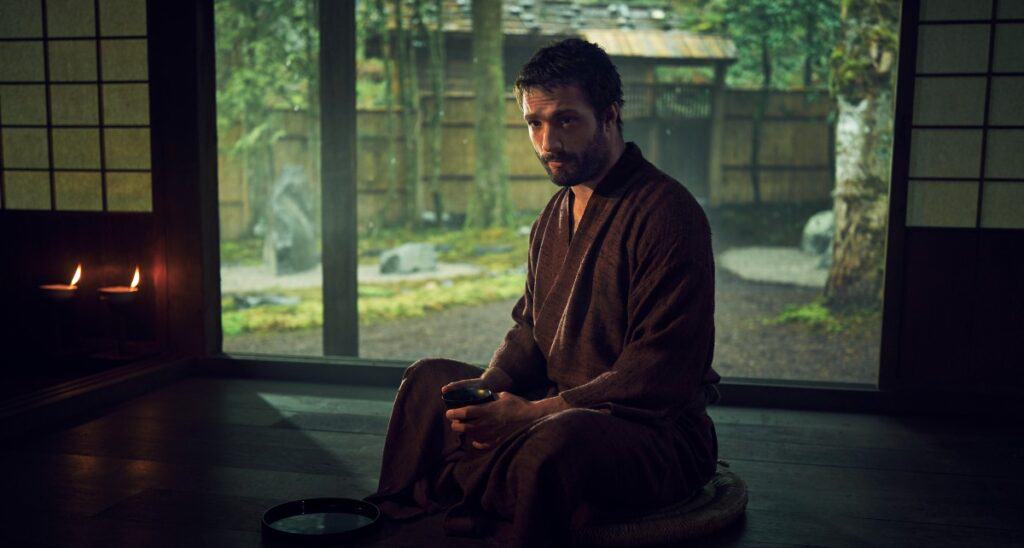
Shogun opens in an era after the death of the leader of Japan, leaving the various daimyo (feudal lords) in control. Expected to share power until the child heir of the late leader comes of age, a line is drawn definitively between Lord Yoshii Toranaga (Hiroyuki Sanada) and the other four daimyo. With a war brewing, the series is further complicated by the arrival of John Blackthorne (Cosmo Jarvis), a British pilot in charge of a Dutch sailing ship. The vessel was searching for the mysterious land of Japan which, up until their arrival, was a secret known only to the Portuguese. The divide between Catholics and Protestants further complicates the presence of the outsiders to Japan who find themselves already at odds with the feuding lords. Blackthorne, the main character in the 1980 version of the series, here is a major presence but never comes across as a white savior stereotype. Far from the conventions that bogged down the 1980 version, this take on Shogun is a meticulous look at the converging stories of multiple characters including Toranaga, Blackthorne, and the mysterious Lady Toda Mariko (Monarch: Legacy of Monsters‘ Anna Sawai), a disgraced Japanese woman who fluently speaks English and her native tongue as well as being a convert to Christianity. The connection between Mariko and Blackthorne is integral to the story and drives the ten-episode series.
Other significant characters in the series include Tadanobu Asano as Yabushige. Asano is best known as Hogun in the first three Thor films and is the most recognizable actor in the supporting cast aside from a minor turn by Nestor Carbonell (The Dark Knight). The rest of the cast is comprised of veteran Japanese actors who are never forced to act in English. Shogun is almost entirely acted in Japanese with Blackthorne having translators explain in English until he learns the tongue of his captors and eventual compatriots. The arc of Shogun follows Blackthorne as he quickly becomes close to the brewing war between the daimyo, taking sides in the conflict and learning the ways of the Japanese people. It is a strong story of honor and respect, but one that does not hide from the more brutal sides of Japanese culture in the seventeenth century. Shogun is brutal, especially in the early episodes, as much as it is beautiful in giving this era a balanced perspective that will appeal to audiences on both sides of the Pacific. That being said, this is a heavily dialogue-driven series, so paying attention from the outset is a requirement, but that focus is rewarded.
Clocking in at 589 minutes (as compared to the 1980 version at 547 minutes), Shogun has few series it can be compared against. Aside from the AppleTV+ series Pachinko, which looked at early-20th century Japan and Korea, I cannot recall another production that has blended a Hollywood production on this scale performed almost entirely in a language other than English. With period-specific sets and costumes, Shogun is a blend of period drama with bloody violence while never taking for granted the realism this story needs to deliver its narrative. There are battle sequences that are stunning to watch as well as a fair amount of nudity. Airing on FX and Hulu, Shogun benefits from the leeway that marquee series are afforded which also elevates this to be on par with productions from HBO, Netflix, and more. At no point does Shogun feel cheaply executed or poorly acted. This is by far one of the best-produced series I have seen in years that does not rely on CGI monsters or genre conventions. This is a solid drama with a stocked cast of excellent performances.
Created by Rachel Kondo and Justin Marks, Shogun is both more faithful to the James Clavell novel and better than the source material. Kondo, in her debut as a screenwriter and producer, partnered with her husband Marks who has found success writing Disney’s live-action The Jungle Book as well as the story for Top Gun: Maverick. Both writers took the novel as a structural basis but deepened the accuracy of the Japanese culture of the period. Many of these characters are based on actual historical figures and should give any fan of this series plenty of material to research should they want to learn more. FX has also put together a podcast to accompany the series which is fascinating in its own right. The script also allows for the team of filmmakers to lushly deliver this tale, unlike any other Japanese-set series I have seen. The diverse filmmaking team is led by Frederick E.O. Toye, a veteran helmer of series including Watchmen, The Boys, and The Walking Dead. Toye directed four episodes, Jonathan Van Tulleken helmed two, Charlotte Brandstrom one episode, and Takeshi Fukunaga, Hiromi Kamata, and Emmanuel Osei-Kuffour took a chapter each. The global team of directors and writers has blown me away with this story in every way.
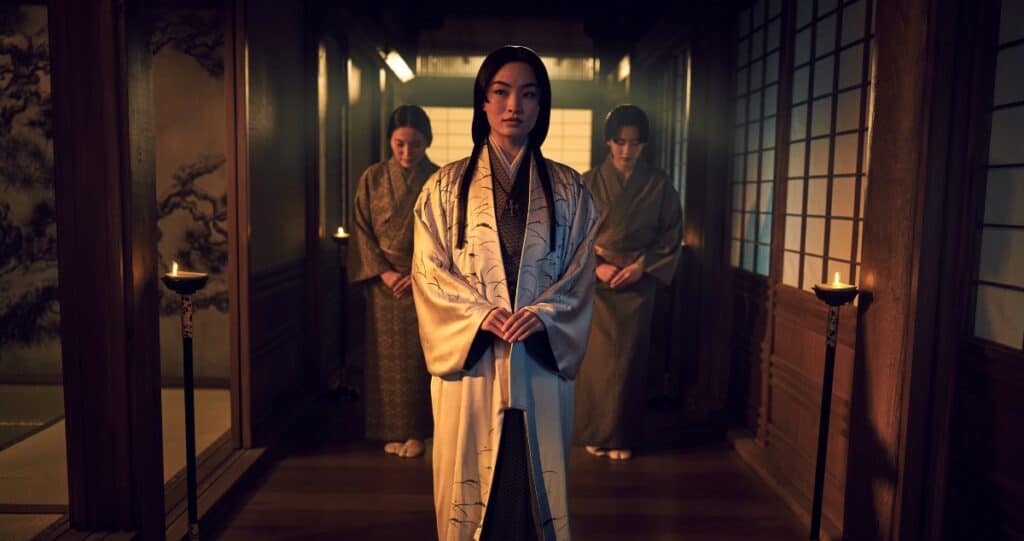
Shogun is instantly a masterpiece and supplants the 1980 version of the story. This series is beautiful, powerful, stirring, and engrossing and gives the great Hiroyuki Sanada a long-awaited lead role for a global audience. Everything about Shogun works as long as you are willing to invest in the story. Like any great story of warriors, knights, or soldiers, Shogun embraces the factions brought to battle and shows the cost of war in equal measure with its power. This is a story that has no equal on the small screen and is going to invigorate interest in tales set in an era foreign to many. I would caution that if you are unfamiliar with the source material or the previous version, go into this story fresh. Shogun brings back the excitement and energy of the old-school event series for a new generation. This is a great story and a great series.
Shōgun premieres on February 27th on FX on Hulu.


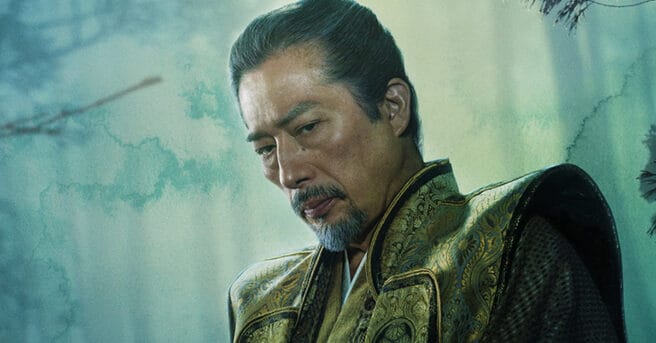



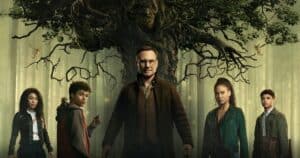
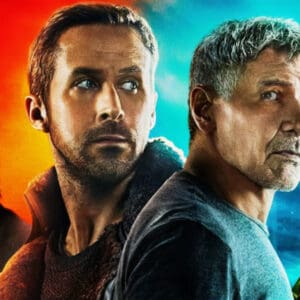
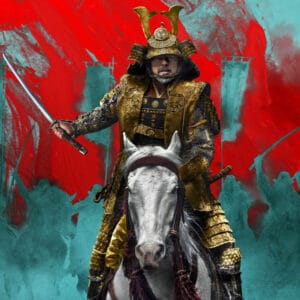
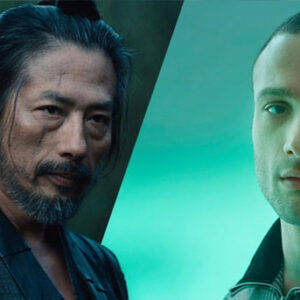
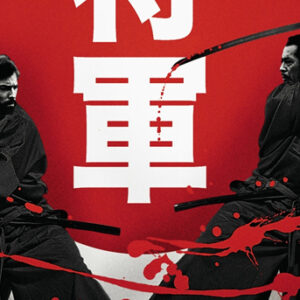
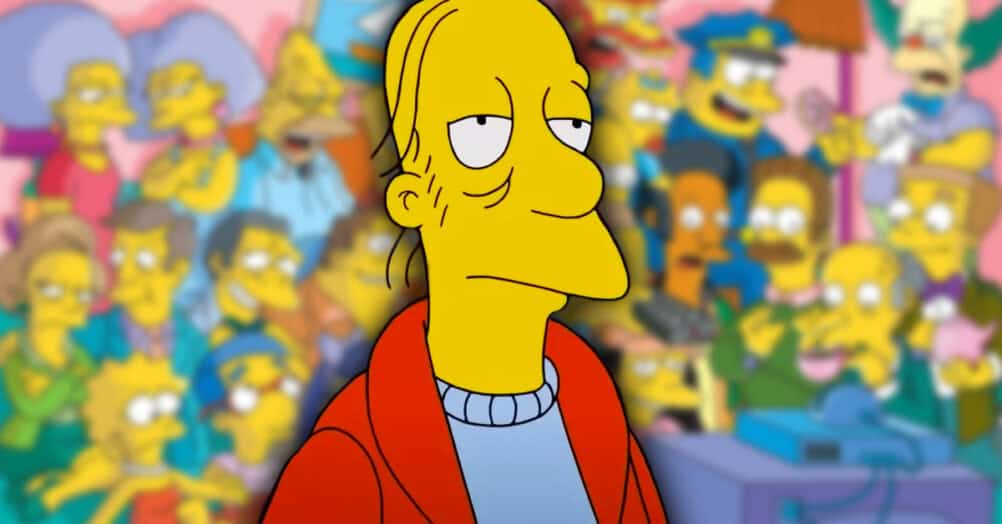
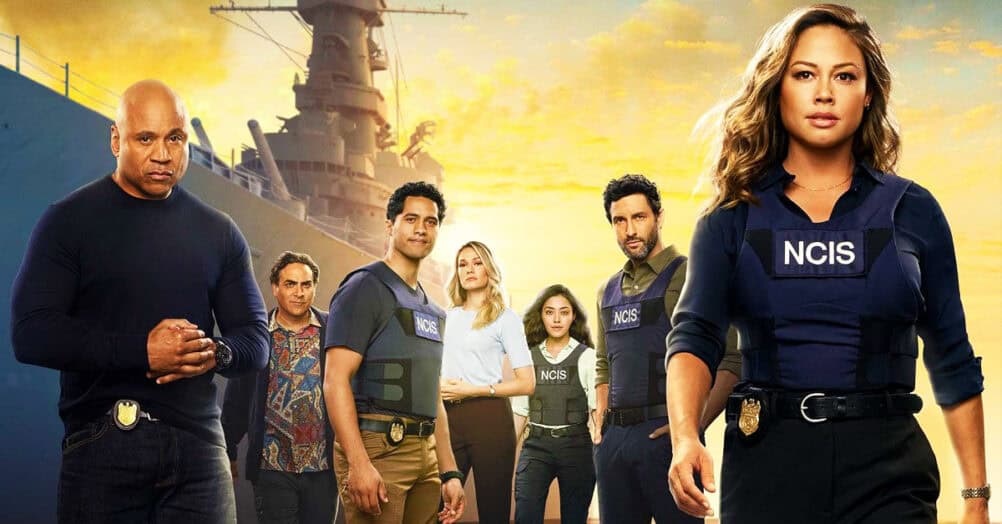
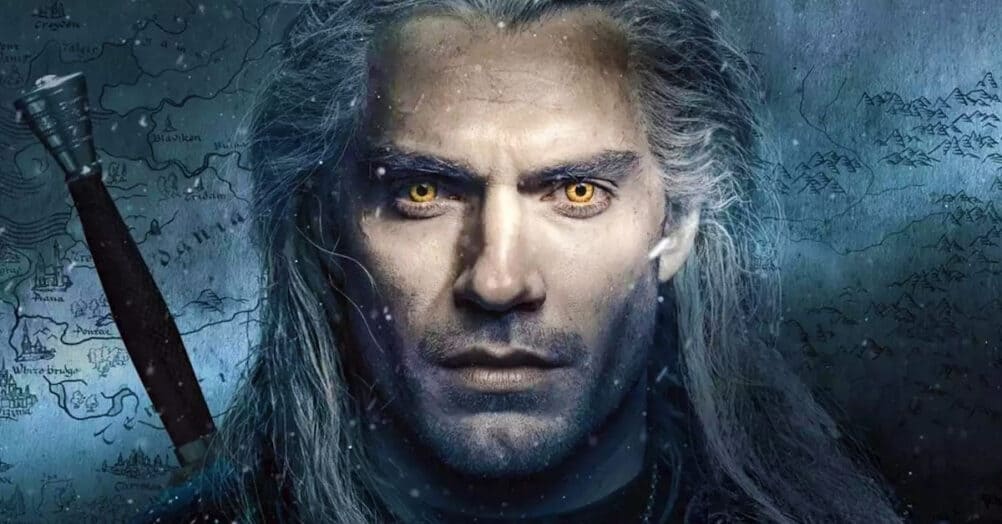
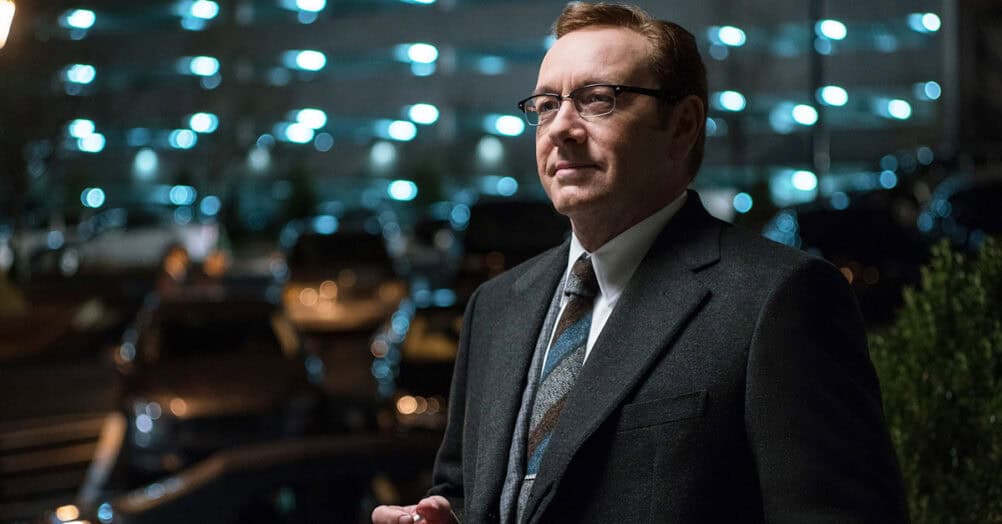

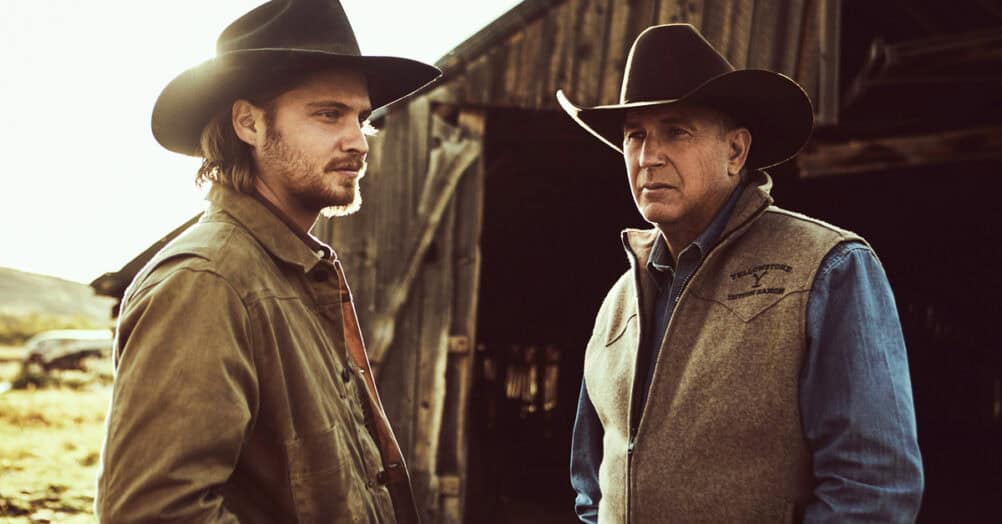
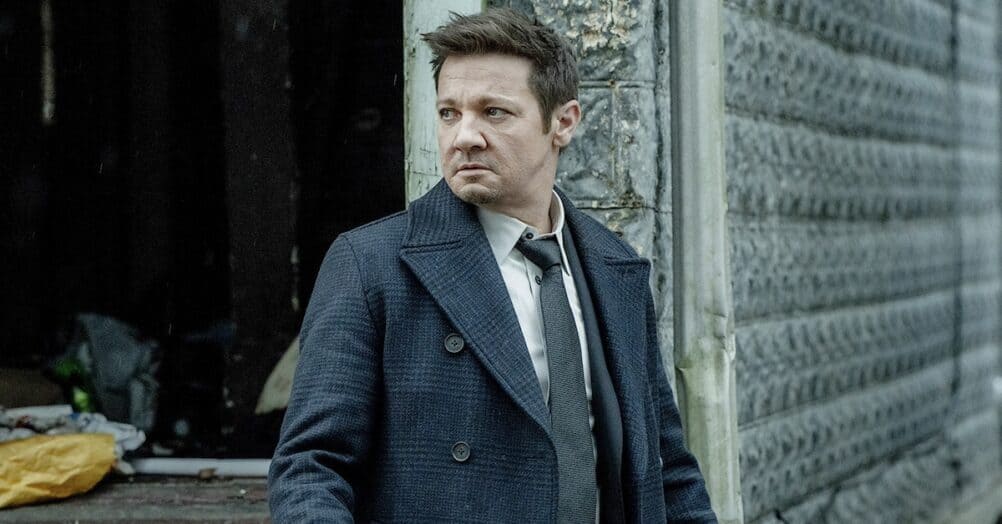
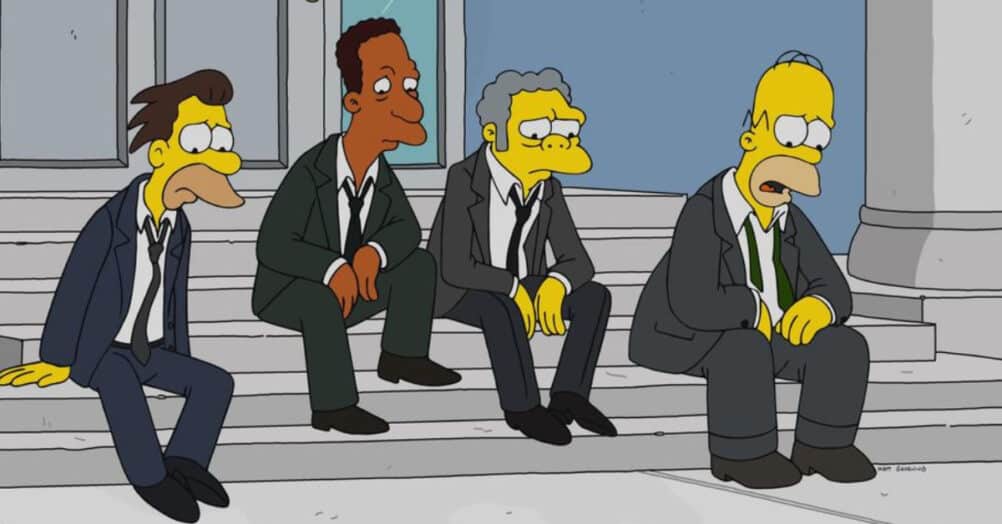
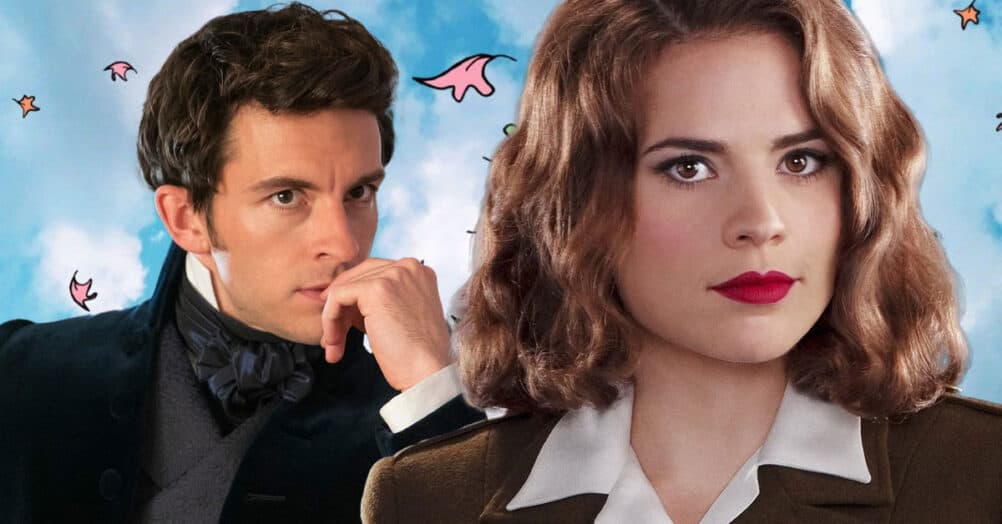
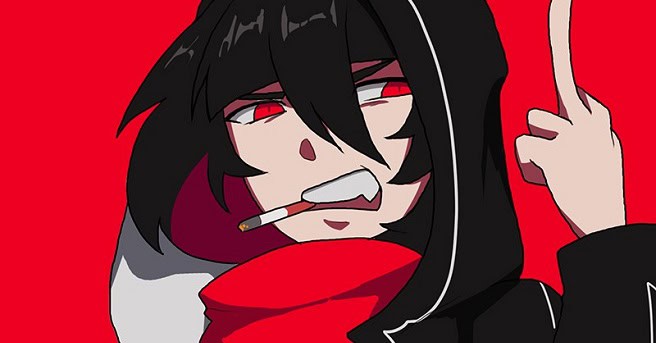
Follow the JOBLO MOVIE NETWORK
Follow us on YOUTUBE
Follow ARROW IN THE HEAD
Follow AITH on YOUTUBE